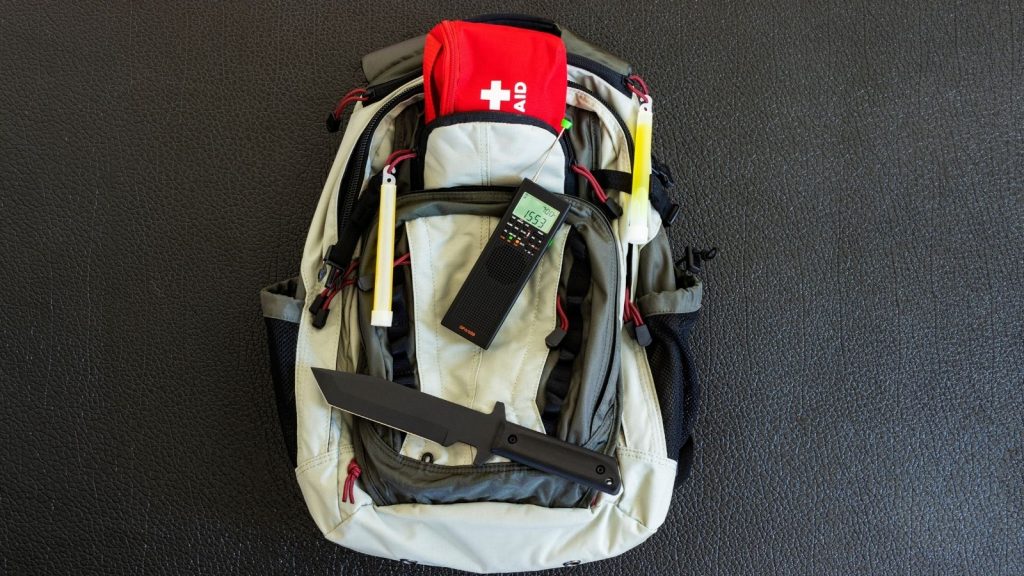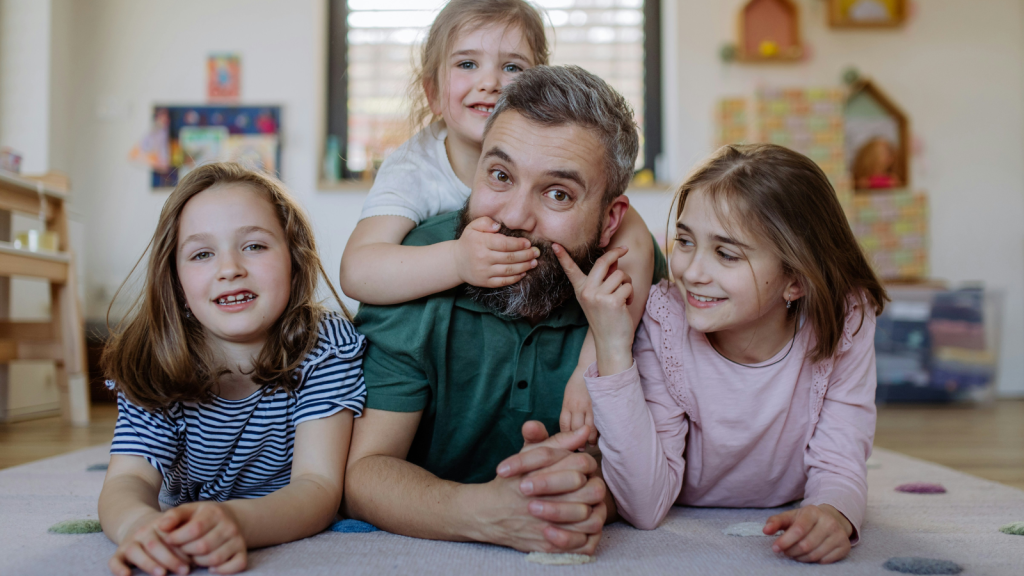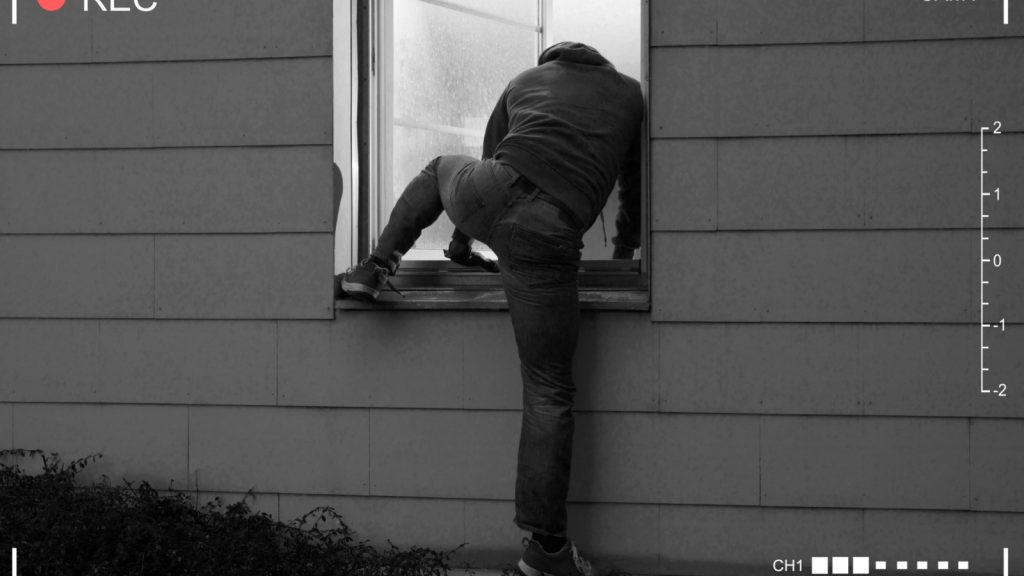We all know that friend or family member who lovingly rolls their eyes when we mention emergency preparedness. You know the ones — they say, “Nothing like that happens here!” with a chuckle.
But being prepared isn’t about expecting the worst; it’s about caring enough to be ready for life’s unexpected moments, from a surprise snowstorm to a weekend power outage. As someone who understands the peace of mind that comes with preparedness, you probably want to share that gift with your loved ones.
The secret is to meet your friends and family with understanding and care, showing them how being prepared can make their daily lives easier and more secure. There’s no need to overwhelm them with every “what if” scenario. Instead, think of it as sharing helpful life tips, one small step at a time. Here are some gentle ways to introduce preparedness to those who might be hesitant but open to learning.

Start With Everyday Scenarios
Everyone can relate to everyday challenges, like running out of food during a snowstorm or losing power for a few hours. Begin by framing prepping in terms of common, real-life situations. For example, talk about the benefits of having a flashlight handy or keeping a few extra cans of food in the pantry. These small examples make prepping feel practical instead of extreme.
Make It About Saving Money
One of the easiest ways to get someone interested in prepping is to tie it to saving money. Stocking up during sales or buying in bulk can cut costs in the long run. Explain how keeping extra supplies prevents those last-minute, overpriced trips to the store. When prepping feels like a smart financial decision, it’s easier for others to see its value.
Focus On Health And Safety
Prepping isn’t just about major disasters; it’s also about staying safe and healthy. Show how a well-stocked first-aid kit or a backup supply of medications can make all the difference in an emergency. Mention how having clean water and basic hygiene supplies is essential, especially during events like storms or boil-water advisories. This angle appeals to people’s sense of responsibility for themselves and their loved ones.
Start Small And Simple
Trying to get someone to overhaul their lifestyle all at once is likely to backfire. Instead, encourage them to start small. Suggest building a 72-hour emergency kit or creating a family communication plan. Once they see how easy it is to take those first steps, they’ll be more open to exploring other aspects of preparedness.
Use Real-Life Stories
Stories are powerful tools for changing minds. Share true accounts of how being prepared helped people in unexpected situations, like someone who had a generator during a winter storm or extra water during a flood. These relatable examples can make prepping feel more relevant and less abstract.
Emphasize Community And Connection
Remind your loved ones that prepping isn’t about going it alone—it’s about supporting each other. Emphasize how being prepared can help them take care of others in a crisis, whether it’s family, neighbors, or friends. When people see prepping as a way to strengthen relationships, they may feel more motivated to get involved.
Respect Their Pace
Everyone has their own comfort level when it comes to prepping, and it’s important to respect that. Avoid being pushy or overwhelming. Give your loved ones time to adjust to the idea and let them take the steps that feel right for them. Prepping is a journey, and the goal is progress, not perfection.
Ellen Reed lives where the road ends and the quiet begins. Her work tends to the tender space between solitude and connection, loss and joy, seed and harvest.
She's an author and journalist. When she's not in her garden, she's drinking tea and playing with her puppy.


